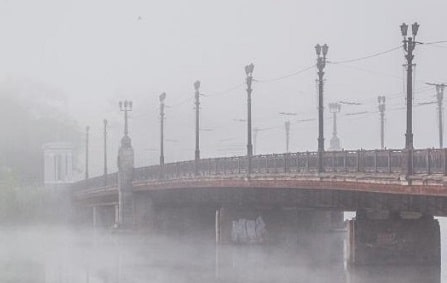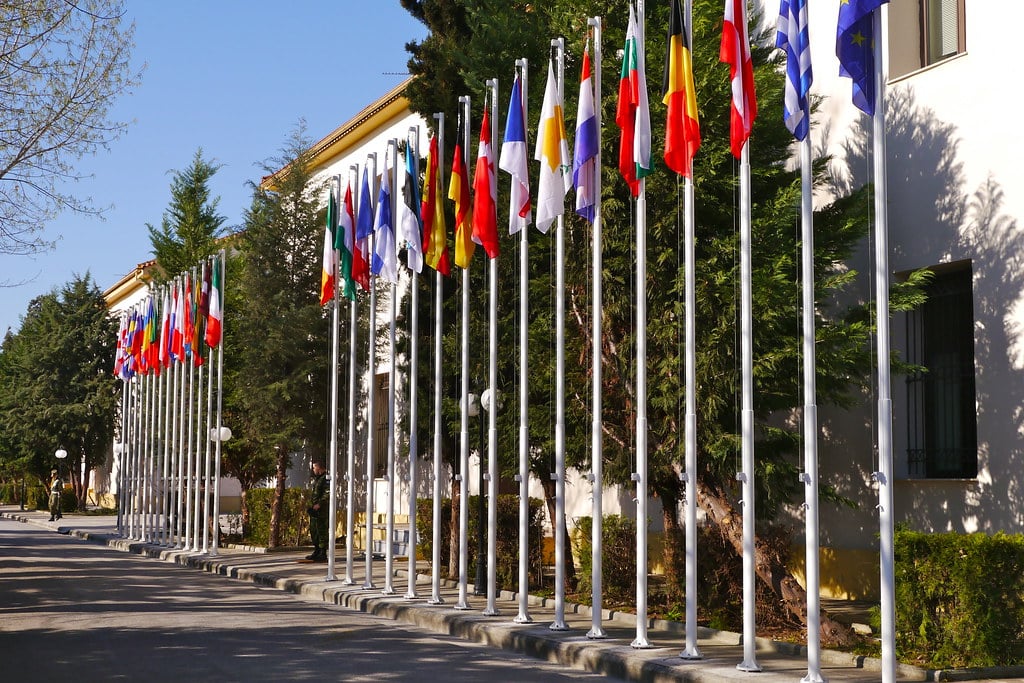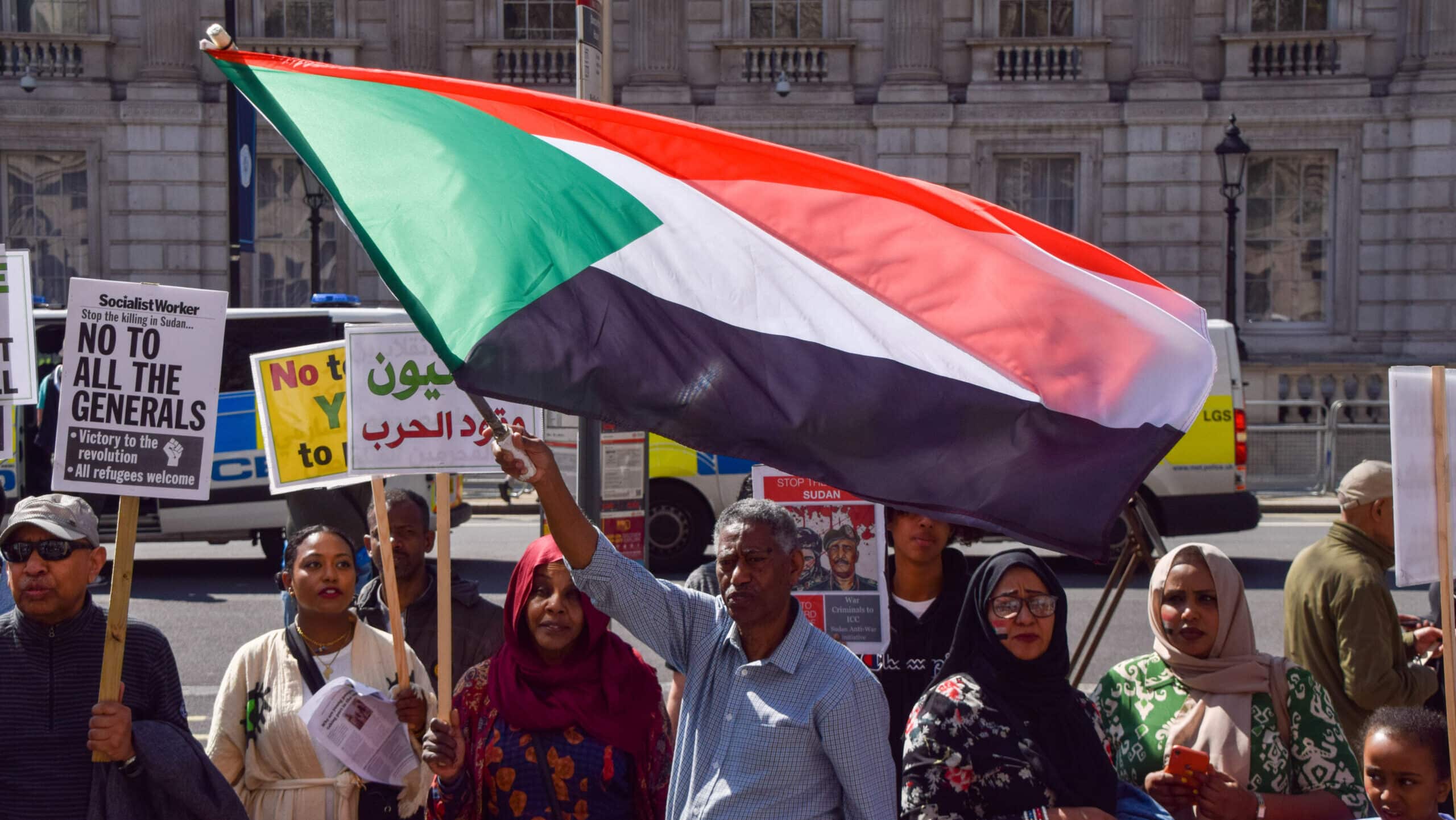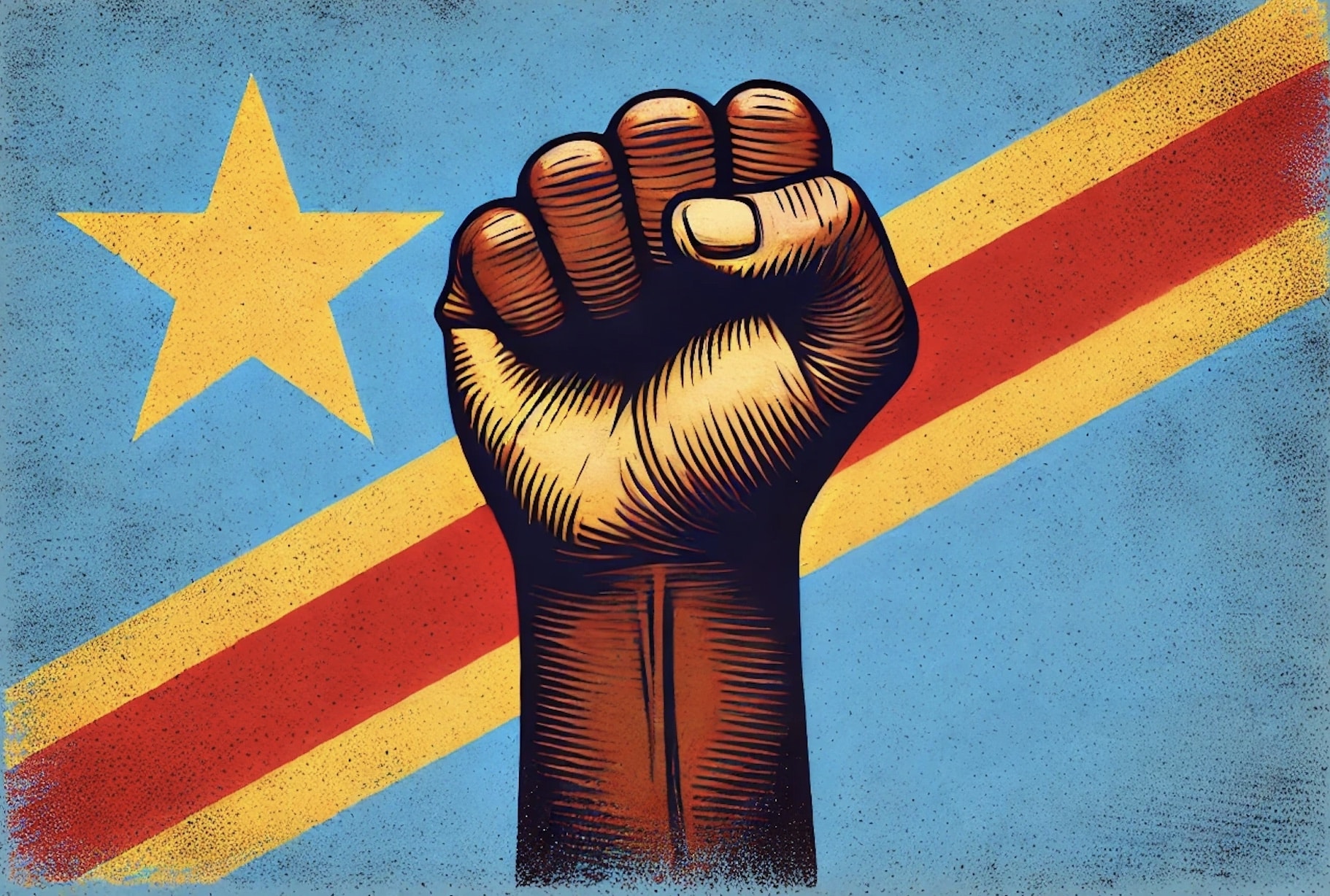The People's Republics of Donetsk and Lugansk were created in 2014 as an unrecognised pro-Russian secession from Ukraine. According to recent censuses, about 3.6 million people live there, many of whom are pensioners. In Ukraine, both republics are referred to exclusively as 'temporarily occupied territory' or 'ORDLO'. The abbreviation stands for 'certain regions of the Donetsk and Lugansk oblasts'. The Ukrainian parliament passed a law on 'preservation of rights and freedoms of citizens and the legal system in the temporarily occupied territories' immediately after its emergence: 'All responsibility for human rights violations in the regions that are part of Ukraine, but cannot be governed due to occupation, lie with the Russian Federation as aggressor.' And those violations are unfortunately a regular feature in the life of autocratically ruled mini-states. From 2014 to 2021, a total of at least 4,300 people were detained by the authorities or autonomous separatist groups. According to the Ukrainian Foreign Ministry, in addition to some 30 official penal camps and detention centres, 160 secret prisons still exist in the People's Republics today where an estimated 3,500 citizens are illegally interned.
The Ukrainian government, however, despite pathetic speeches by President Zelensky on democracy and human rights, seems hardly interested in a fair resolution of the conflict through implementation of the Minsk-II agreement and the granting of far-reaching autonomy for Donetsk and Lugansk. With threatening words from Kiev about ukrainisation, halting prisoner exchanges and invalidating diplomas obtained, the region is being driven further into the hands of the Kremlin. Vladimir Putin is the laughing third who does not officially recognise both People's Republics, but makes residents turn up to neighbouring Rostov with recently obtained Russian passports when it comes to getting them to vote for his party United Russia.
The victims of the power games between the corrupt rulers in Kiev and the if possible even more corrupt political elite in Russia are, on the one hand, the inhabitants of the 'ORDLO' who were dragged along by a separatist movement that, apart from the right to speak Russian, mainly brought them state terror, economic isolation and unemployment. On the other hand, after their time at the front, many young Ukrainians, Belarusians, Russians and other foreign volunteers were forced to survive in a shadow existence with the highest aspiration of being able to beg together a meagre veterans' pension. In his new book DONBAS Ardy Beld paints a penetrating picture of an unknown world between Ukraine and Russia. With a description of its genesis, portraits of separatist leaders, background news, professional photographs, but above all through conversations with residents, frontline volunteers and former prisoners, the journalist and translator gives the region a voice that deserves to be heard in the rest of Europe.





